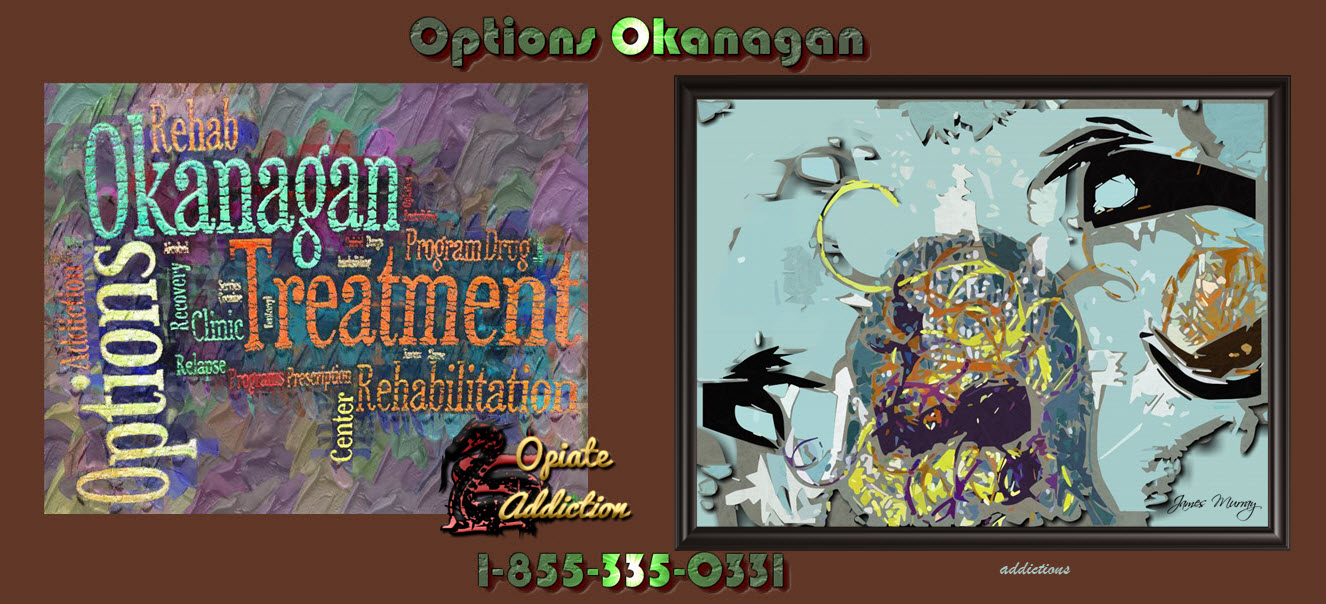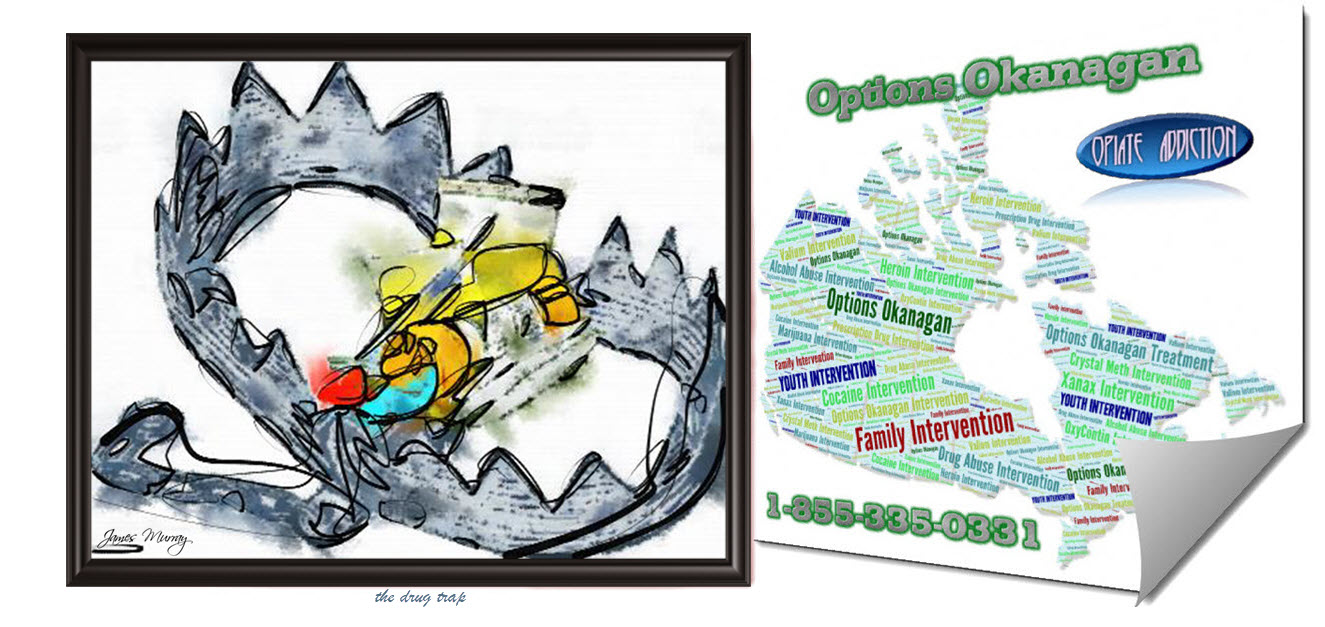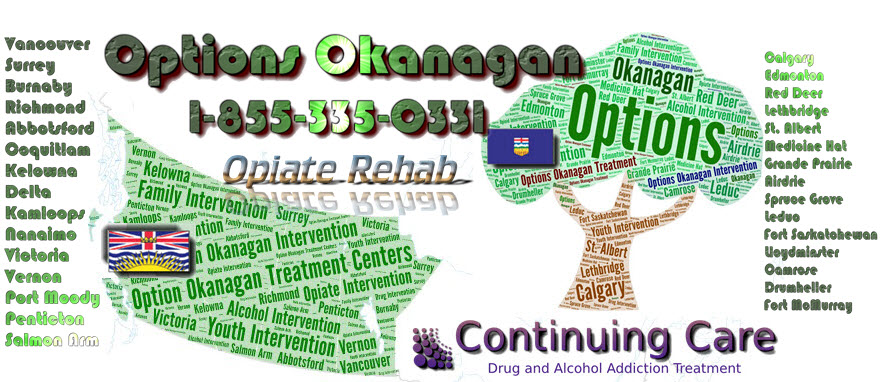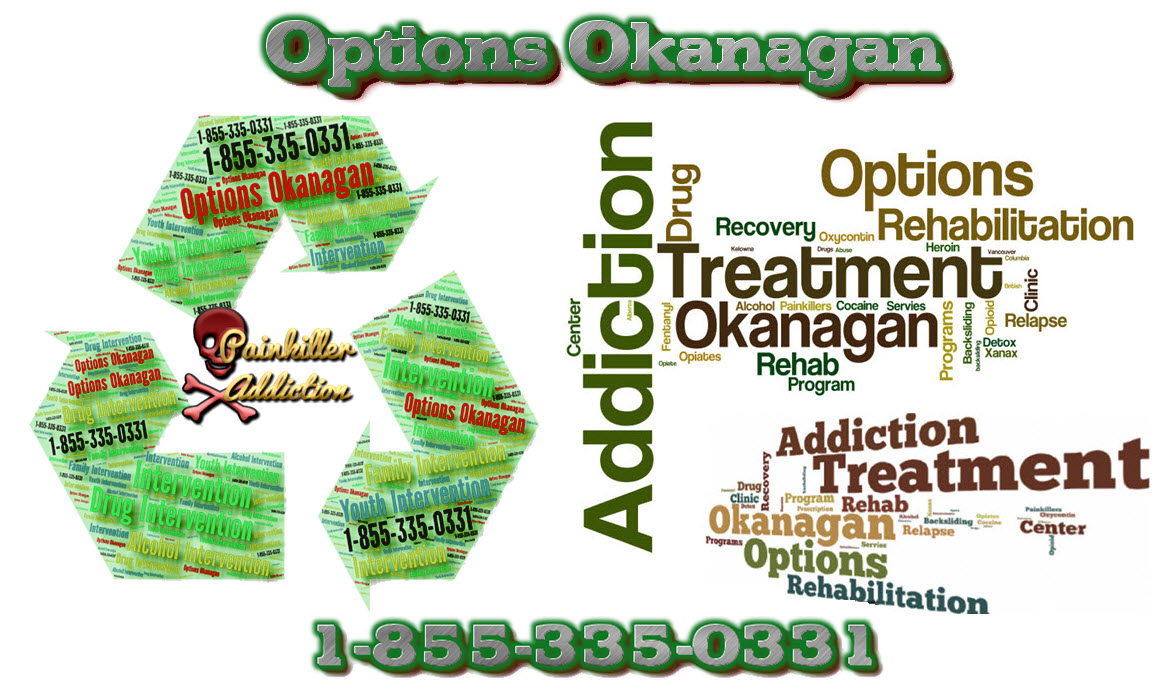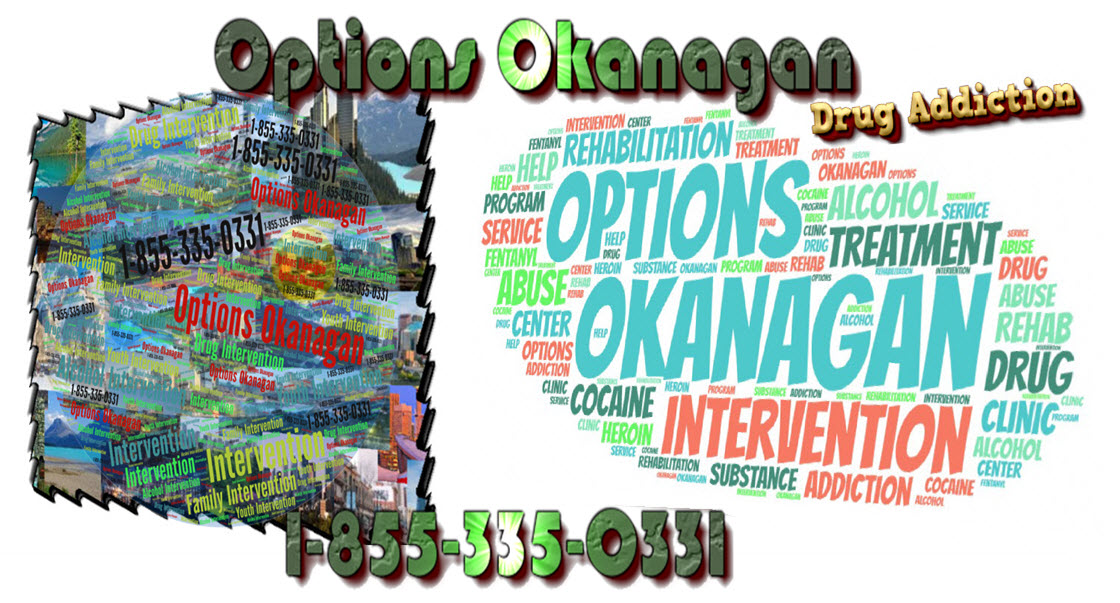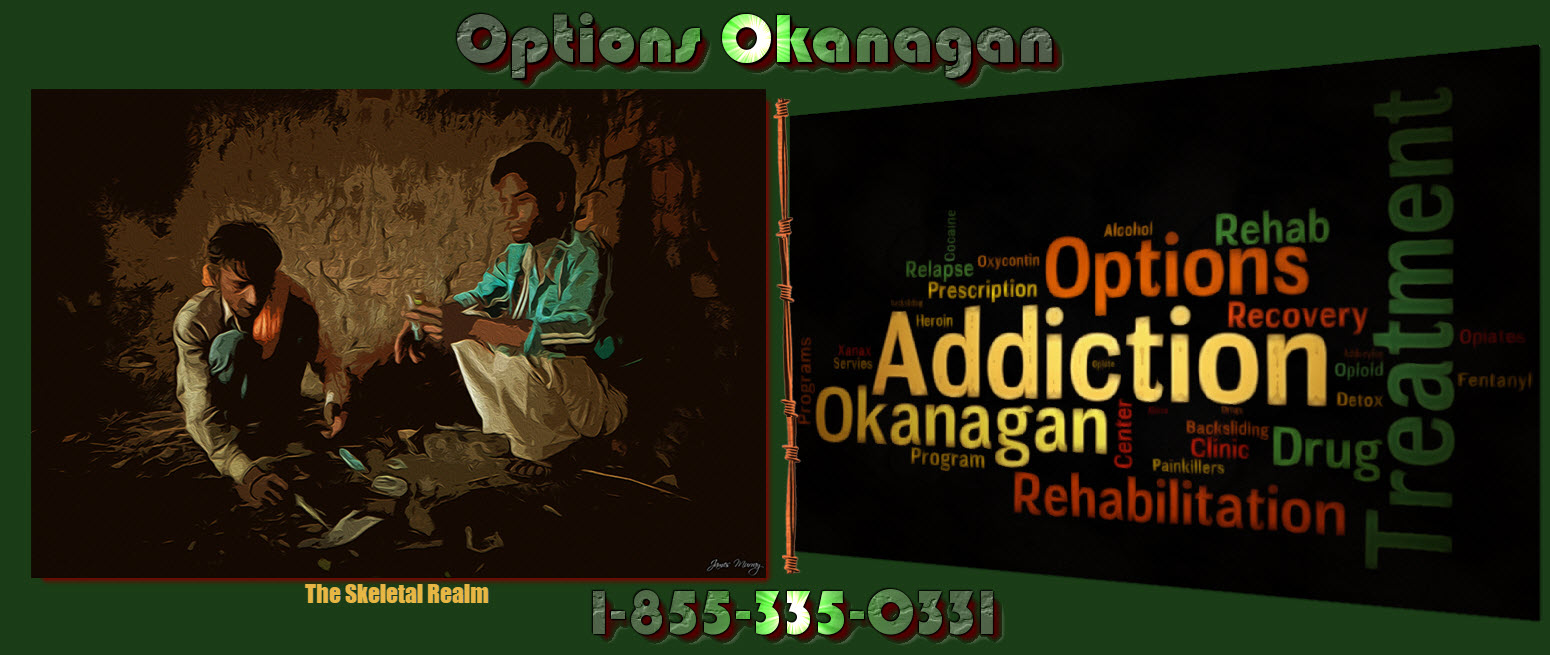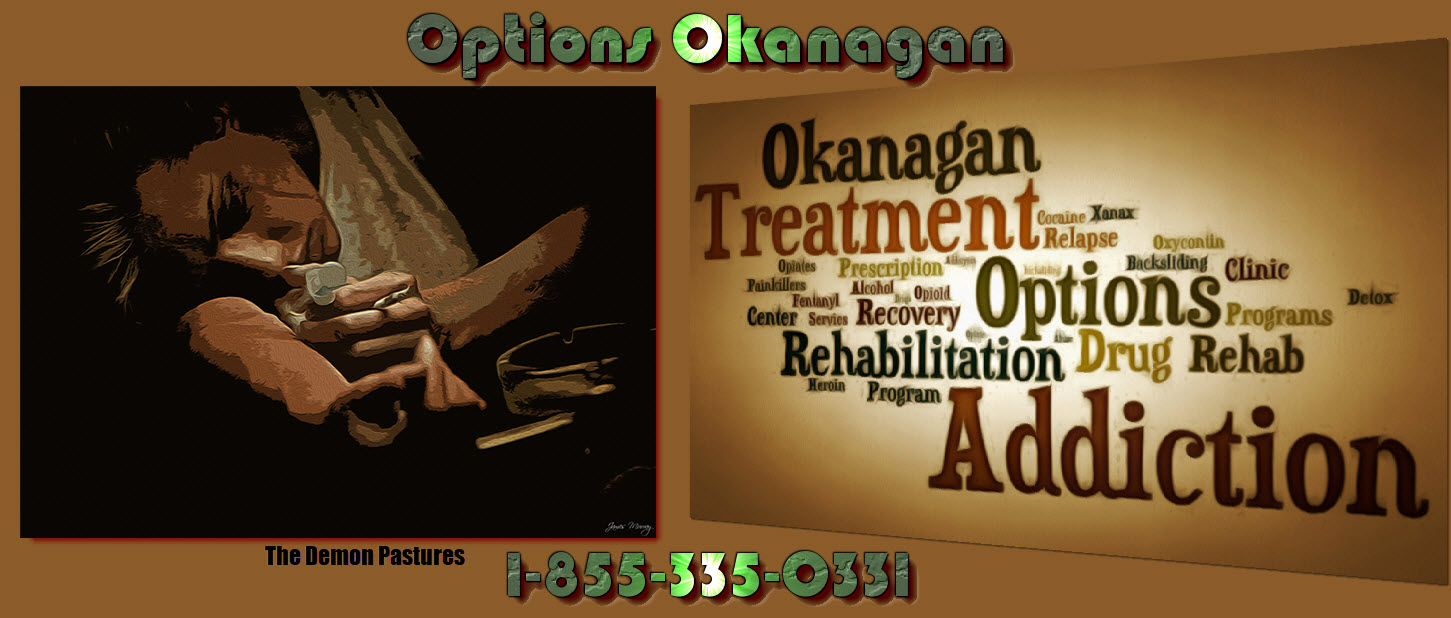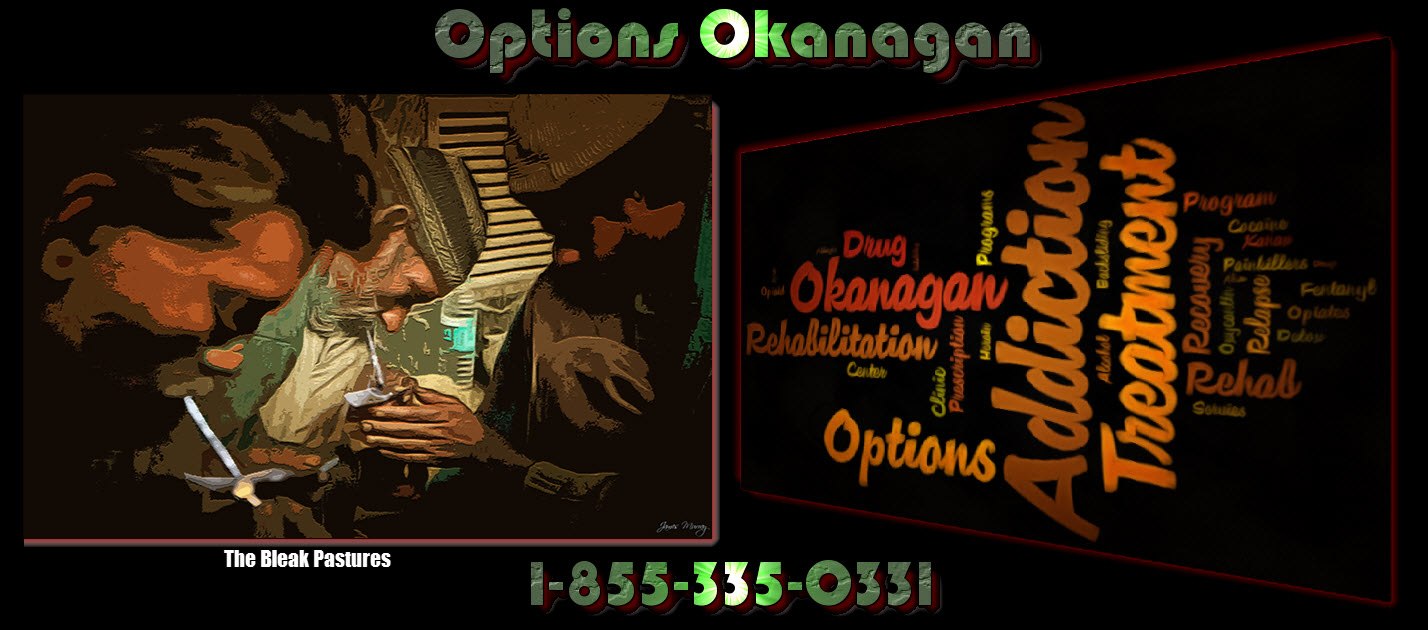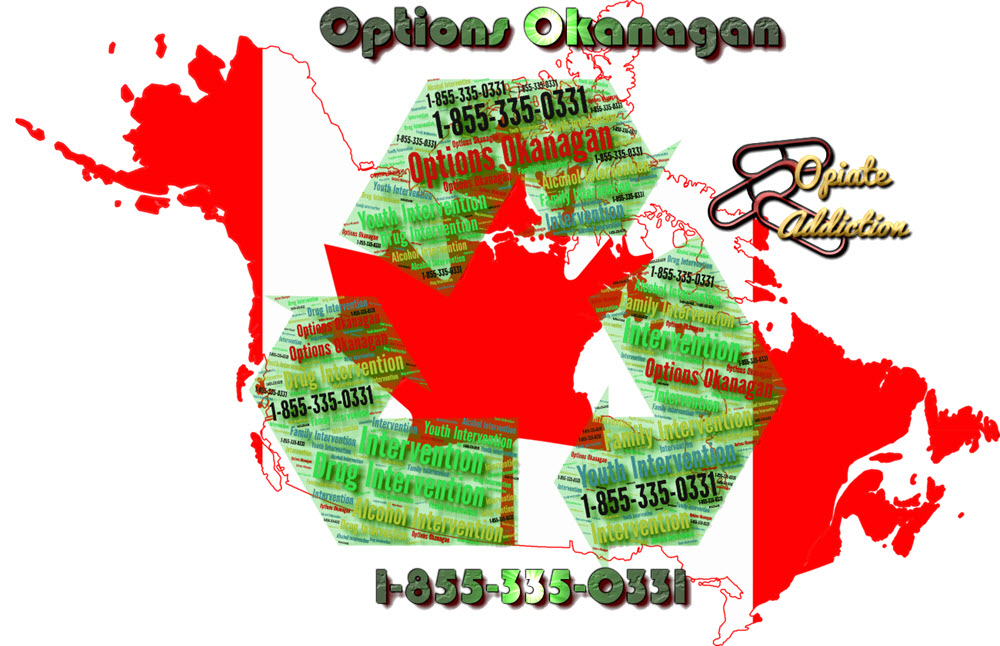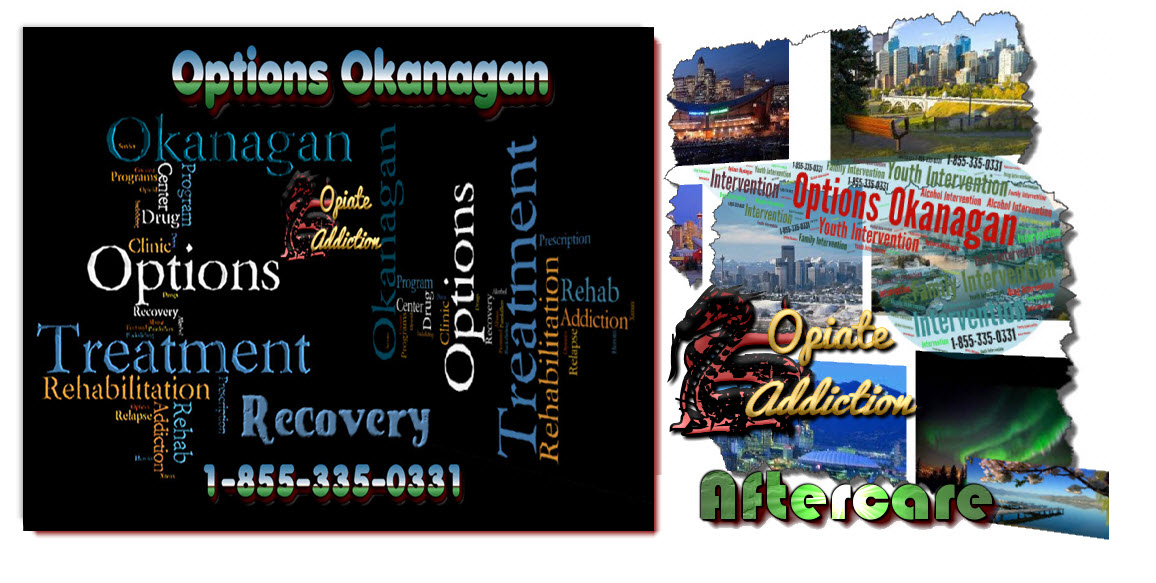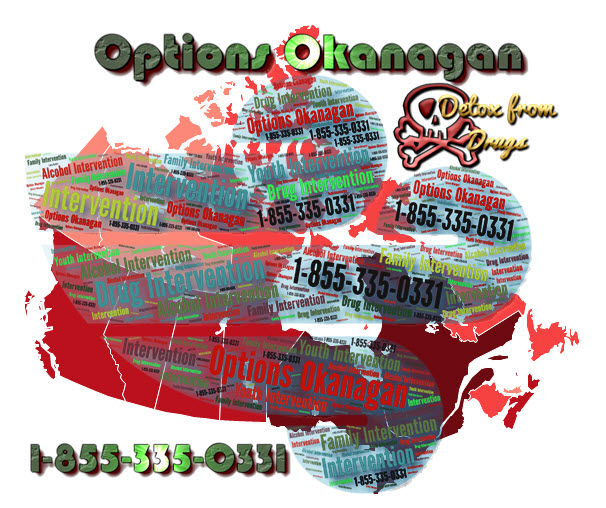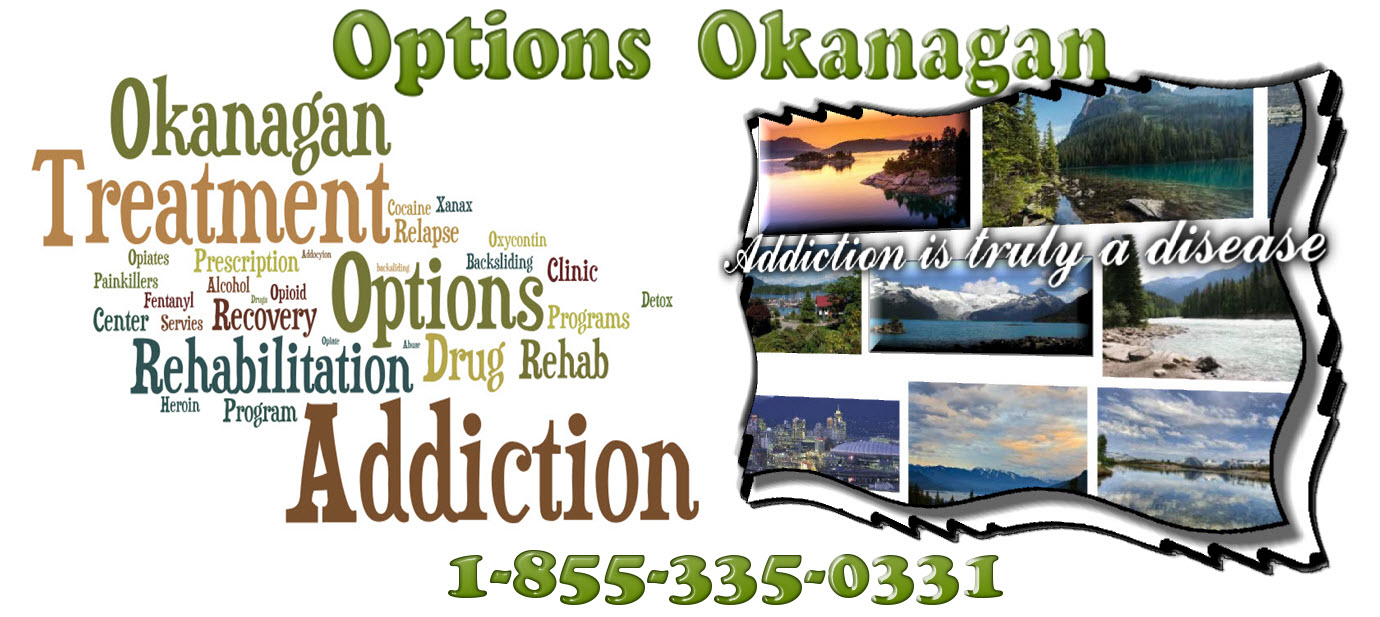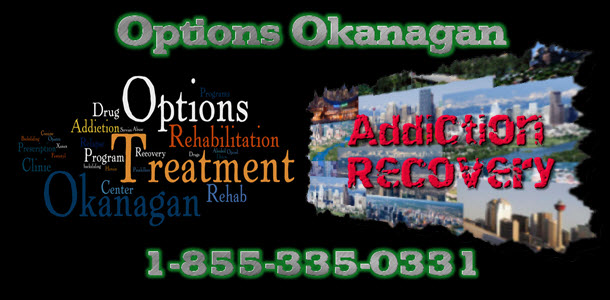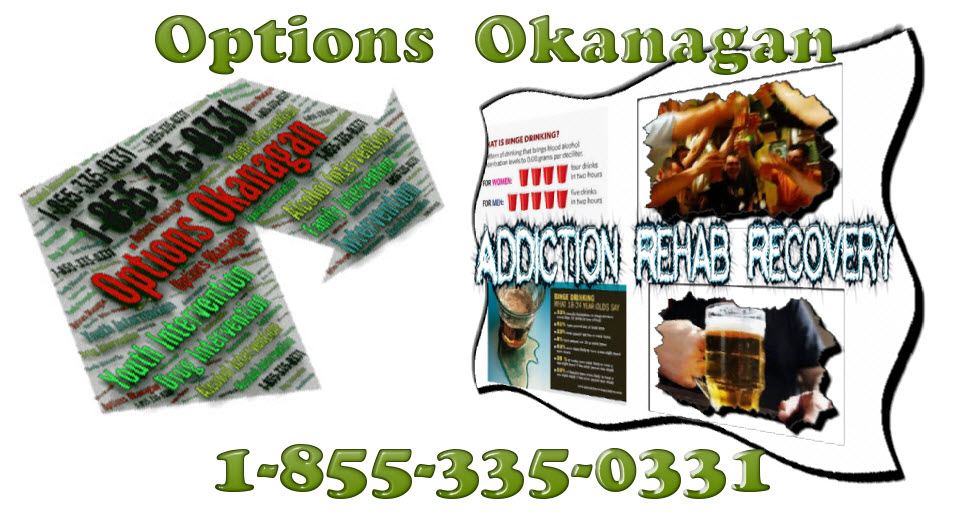Does toxic NHL hockey culture encourage athletes to abuse substances? Vitamin T (Toradol) and Ambien – Drug Rehab Programs for recovering addicts in British Columbia and Alberta – Options Treatment Center in Kelowna, British Columbia treating opioid, drug, opiate, fentanyl, heroin and alcohol addiction and recovery.
Drug Rehab In Alberta And BC
With a median salary of nearly $2.5 million in the National Hockey League (NHL), hockey is a cutthroat life-changing sport that attracts hundreds of new hockey players each year in hopes of securing a place in the major leagues. NHL athletes, like all athletes who play in other high-speed close contact sports, are at risk of injury in every game. For a lot of athletes who do not want to miss a single game, many hockey pros relieve their pain with prescription drugs. This harmful habit is often addictive, and the NHL has come under scrutiny over the past decade for not doing enough to tackle the pill problem.
Why did athletes start using substances?
NHL athletes compete in a physically strong game. During three uninterrupted 20-minute sessions, players aggressively chased the puck to score. They frequently collided with each other at 20 miles per hour and frequent fights broke out. Broken bones, bone fractures, and muscle sprains are common when athletes throw themselves on the ice. Usually, opioid abuse begins with taking painkillers to heal an injury. Unlike athletes in other sports, ice hockey players rarely rest and play more than 80 home and away games in a season. In the NFL, each team plays only 17 games per season. The limited ability of NHL athletes to rest and heal their bodies forces many of them to rely on painkillers, leading to slippery abuse.
When athletes sign contracts, they agree on a salary, but also the inevitable pressures that come with work, especially maintenance. Hockey players need constant training to perform at their best every time they step onto the rink. Like all career athletes, hockey players must combine the pressures of a coveted job with their personal health, relationships, and more. Recent studies have shown that up to 35% of top athletes suffer from a mental health crisis, which can include anxiety, depression, fatigue, and eating disorders. Poor mental health is a major reason for athletes to use prescription and illicit substances to relieve stress.
Why is it difficult for athletes to stop substance abuse?
In most professional sports, not just ice hockey, athletes are always under pressure to perform. There are lots of individuals eager, ready, and willing to play. Contracts are very profitable, but very rare. Those with contracts feel compelled to do whatever it takes to keep them. The situation creates a toxic culture that ignores physical injury and mental struggles.
The mentality to be a tough athlete.
This culture causes professional hockey players to ignore their pain and continue playing at the expense of their health and emotional well-being. Hockey is one of the few sports that has a rule, Rule 46, that allows for combat between players. All players participating in the fight will receive a five-minute penalty or game ejection. In addition to normal wear and tear, rule 46 increases the risk of injury to hockey players. However, athletes’ desire to succeed drives them to “suck everything up”, put on their game face, and keep playing hurt.
In this testosterone-driven environment, recognizing the need for help can be seen as “not manly” or even weak. Former Vancouver Canucks player Ryan Kessler has suffered from a chronic hip injury for years in his hockey career and has relied on a prescription drug that relieves the pain called Toradol. Usually, this drug is only allowed to be used for five days at a time, but Kessler used Toradol whenever his injury recurred so as not to disappoint his teammates. He didn’t want to be branded as a man who “didn’t battle through injuries.” But, at the end of his repeated substance abuse, Kessler developed not only a painkiller addiction but Crohn’s disease, an incurable disease of the intestines and digestive tract.
Lack of education about drug abuse
When professional athletes get sick, they trust their healthcare providers completely. Some NHL players like Kessler believe that league statistics prevail over player health. Hockey teams not only don’t educate players enough about the dangers of certain drugs, they also prescribe too many of them. Las Vegas Golden Knights player shared his distrust of medical staff in a tweet is it common for workplaces to give out Ambien and benzodiazepines to employees when they travel? Should that not be done by physicians or psychiatrists? Asking for a friend.
Tom Sestito of Pittsburg Penguins replied with the amount of vitamin T (Toradol) and Ambien I’m getting is insane. With the NHL getting younger, these kids need to know what they’re getting into.
Robin Lehner and Sestito’s shared skepticism about the NHL raises several questions. Are there other silent players who have had a similar experience? Are trainers responsible for distributing these opioid painkillers? However, these NHL players were not initially aware of the risks of substance abuse. The combination of overprescribing and lack of education about painkillers has increased and continues to increase susceptibility to drug abuse among athletes.
Drug Addiction and the stigma that surrounds it
Despite significant advances in mental health and drug addiction, stigma still exists in professional sports. Hockey players playing in the NHL may worry that their substance abuse will be seen as weak (low willpower), lacking in character, being selfish and misleading, or letting down their teammates. Colin Wilson who played for the Colorado Avalanche shared a powerful recovery story, highlighting substance abuse disorders and the stigma surrounding addiction, especially in sports.
Wilson has battled ambien, marijuana, and even cocaine abuse for years, and did not seek or reach out for help for a long time, because Colin was afraid of a backlash in NHL. That reaction could come from one of his teammates, an opposition team player, or a hockey fan who sees drug addiction as a weak, selfish choice, when in fact, it is something no human being wants to experience or have to deal with. Regarding cocaine use, Wilson said, “Cocaine is just another one of the unspoken words, in head offices or locker rooms.” Many people choose to remain silent about drug use for fear of being labeled a “drug addict or junkie” or being fired by the team. In the end, it lowers self-esteem and increases feelings of being alone in the battle. Now in recovery, Colin is pursuing psychology to educate and support others who are struggling with addiction.
A better way to fight NHL addiction
Ice hockey players often think that as “men” they have to struggle or deal personally with their addiction and mental health issues. The NHLPA is a resource that supports hockey players and their families with substance abuse problems, but usually only intervenes after the athlete has sought help with their drug addiction. The League should encourage NHL players to confront their problems early before serious substance use disorders develop. In addition, educational resources should be available to help athletes educate themselves about the risks of painkiller abuse.
Developed by the Vancouver Canucks, Hockey Talks is a program designed to create a positive atmosphere for athletes and fans to talk about their drug addictions, alcohol addiction, or mental health issues on social media. That is the path the NHL needs to keep the addiction conversations open and ongoing and to encourage athletes to seek addiction help early. It was one of the slower sports leagues to respond and deal with drug addiction and alcoholism. Other professional leagues, such as the NFL, have made strides in reducing stigma by requiring mental healthcare professionals to be on-site 8 to 12 hours every week.
Going forward, the NHL will need to adopt stricter drug testing policies so that it can proactively detect abuse before NHL players become addicts. The “stress of being in pain” and “the push through the pain attitude” created this problem for the NHL in the first place. Educational initiatives by the NHL and keeping athletes in the conversation can help reduce the stigma of drug addiction and alcoholism.
Options Okanagan Opiate and Alcohol Treatment Centers in Kelowna, Salmon Arm and Vancouver, British Columbia – Men and Women are recovering and healing from Alcohol and Drug Abuse at our treatment center here in the Okanagan right now.
Our unique and distinctive Opiate Drug and Alcohol treatment program allow men and women to come in from Calgary as well as Edmonton as we offer airport pickup.
Numerous clients come to us from Vancouver, Calgary, and Edmonton and other locations in Alberta and even other provinces for Opiate addiction treatment, heroin drug treatment, many other drug and alcohol addictions for rehabilitation because of the uniqueness of our treatment center.
Our (Kelowna ) Alcohol and Drug Treatment Program Location:
(Not Mailing Address) Contact Us – Web Page
For Mail Delivery :: Please contact each center for correct mailing addresses, also this location is the location of our residential treatment programs in Kelowna. Please call Toll Free 1-855-335-0331 to contact the treatment center you are going to for the address and directions.
Options Okanagan Drug and Opiate Treatment Center
551 Sherrydale Crescent, Kelowna, British Columbia, V1V 2E6
Toll-Free Phone Number: 1-855-335-0331

 and Ambien - Options Okanagan.jpeg)
 and Ambien Addiction Help - Options Okanagan Opiate Treatment Centers.jpeg)
 and Ambien Addiction - Options Okanagan.jpg)





